BlackRock’s Massive Bitcoin Sell-Off? Full Analysis of the Truth, Risks, and BTC Trends Through the End of 2025
Recently, sentiment in the crypto market has continued to deteriorate. Mainstream assets keep falling, ALTs are hitting new lows, and a large number of investors are seeing their positions evaporate before their eyes.
Meanwhile, a shocking statistic has triggered panic: BlackRock sold over $600 million worth of BTC within 12 hours.
Many people see this as the "countdown to a crash."
But the real reason is much more complex than what appears on the surface.
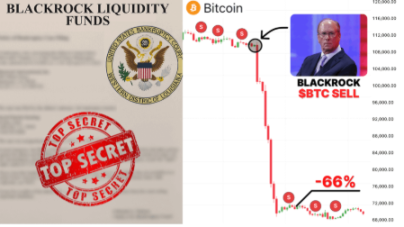
1. The market crash is not a coincidence: the real driver is the global economic reality, not simply whale manipulation
Over the past year, many naively believed the bull market would continue unabated, but the true driving forces of the market are:
High interest rates
Tight monetary cycles
Persistent geopolitical pressure
Risk capital accelerating its exit from high-volatility assets
The era of cheap money is over.
When borrowing becomes expensive, the first assets to be abandoned are always high-risk ones—cryptocurrencies.
2. Why did BlackRock sell? This is not "crashing the market," but the result of asset rebalancing
Large institutions never sell out of panic; they only follow the rules:
Portfolio rebalancing
Risk limits
Macro hedging
Liquidity management
BlackRock's sell-off is not about "losing confidence in BTC," but rather a standardized response to current macro pressures.
The real danger is:
Institutional reduction of positions happened precisely when market sentiment was already extremely fragile.
3. The market is undergoing a "necessary cleansing": overheating, leverage, and the shattering of illusions
This round of decline is not an accident, but the inevitable result of a collapse in market structure.
The "mini bull market" of last summer was essentially:
Narrative-driven
Driven by high leverage
Capital chasing short-term thrills
Newcomers mistakenly believing the bull market would never end
Such gains are unsustainable; a correction was only a matter of time.
What is the nature of the current decline?
It's not a correction, it's a liquidation.
Chain liquidations → price drops → more liquidations
This is the same script after every major cycle peak.
4. The ALT market is experiencing a "death zone": most projects will never return to ATH
The current reality is harsh:
A large number of Altcoins have already dropped more than 80%
Many projects' fundamentals have collapsed
Investor confidence is completely broken
History tells us:
Most ALTs will never return to their historical highs after a crash.
This is not a problem with the projects themselves, but a hard rule of risk assets:
When liquidity dries up, capital only stays with the strongest assets.
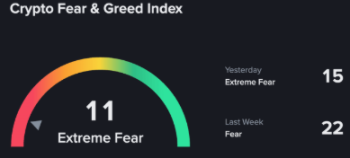
5. The market at the end of 2025 will be even tougher: macro pressures will not ease soon
By the end of 2025, the market may experience:
Persistently high interest rates
A strong dollar cycle
Insufficient liquidity
Pressure on risk assets
This means the bulls do not have the conditions for an immediate comeback.
Prices may continue to decline, or remain weak for a long period.
This is not pessimism, but an objective law of macro cycles.
6. The most common tragedy: losing 70-80% but "holding on," ultimately leading to liquidation
In the past few weeks, I have received a large number of messages:
"My spot position is down 75%, can I recover?"
"My contract is about to be liquidated, what should I do?"
The worst thing to do at this point is:
Refusing to cut losses, fantasizing about a miraculous rebound.
The market will not grant you a miracle rescue.
The longer you drag it out, the deeper the hole, and the more desperate you become.
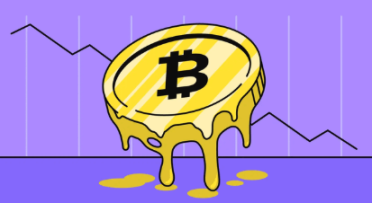
7. Losses are not scary; what is scary is "refusing to accept reality": I have walked this path too
In 2020, due to excessive risk-taking and abandoning discipline, I nearly wiped out my account.
At the time, I thought my career was over.
But in hindsight, the two most fatal mistakes were actually:
Fear of cutting losses
Fear of missing out (FOMO)
These two emotions can destroy anyone.
8. "How much loss can you survive" is a life-or-death math problem
You must understand:
If you drop 50%, you still have a chance to recover
If you drop 99%, you have almost no chance of coming back
Capital is not unlimited.
Protecting your principal is always more important than chasing highs.
9. If you want to stay in crypto: give up illusions, build a plan, and stay calm
You don't need to make back all your losses in one rebound.
What you need is:
Position control
Avoid chasing pumps
Strict risk management
Stick to a long-term plan
If I could get back up after almost going to zero, so can you.
As long as you are not "completely wiped out," there are always opportunities.
Conclusion:
BlackRock's sell-off is not the end of bitcoin, but an inevitable rebalancing move under global liquidity tightening.
What truly drags down the market are high interest rates, declining risk appetite, and chain liquidations, not a single institution.
Altcoins have entered the death zone, BTC is under macro pressure, but the market is not over.
The most crucial thing is:
Preserve your principal, accept losses, rebuild your strategy, and avoid emotional trading.
As long as you remain at the table, there will always be plenty of opportunities in the future.
True failure is not losing money, but being eliminated by the market.
Disclaimer: The content of this article solely reflects the author's opinion and does not represent the platform in any capacity. This article is not intended to serve as a reference for making investment decisions.
You may also like
How Zcash went from low-profile token to the most-searched asset in November 2025
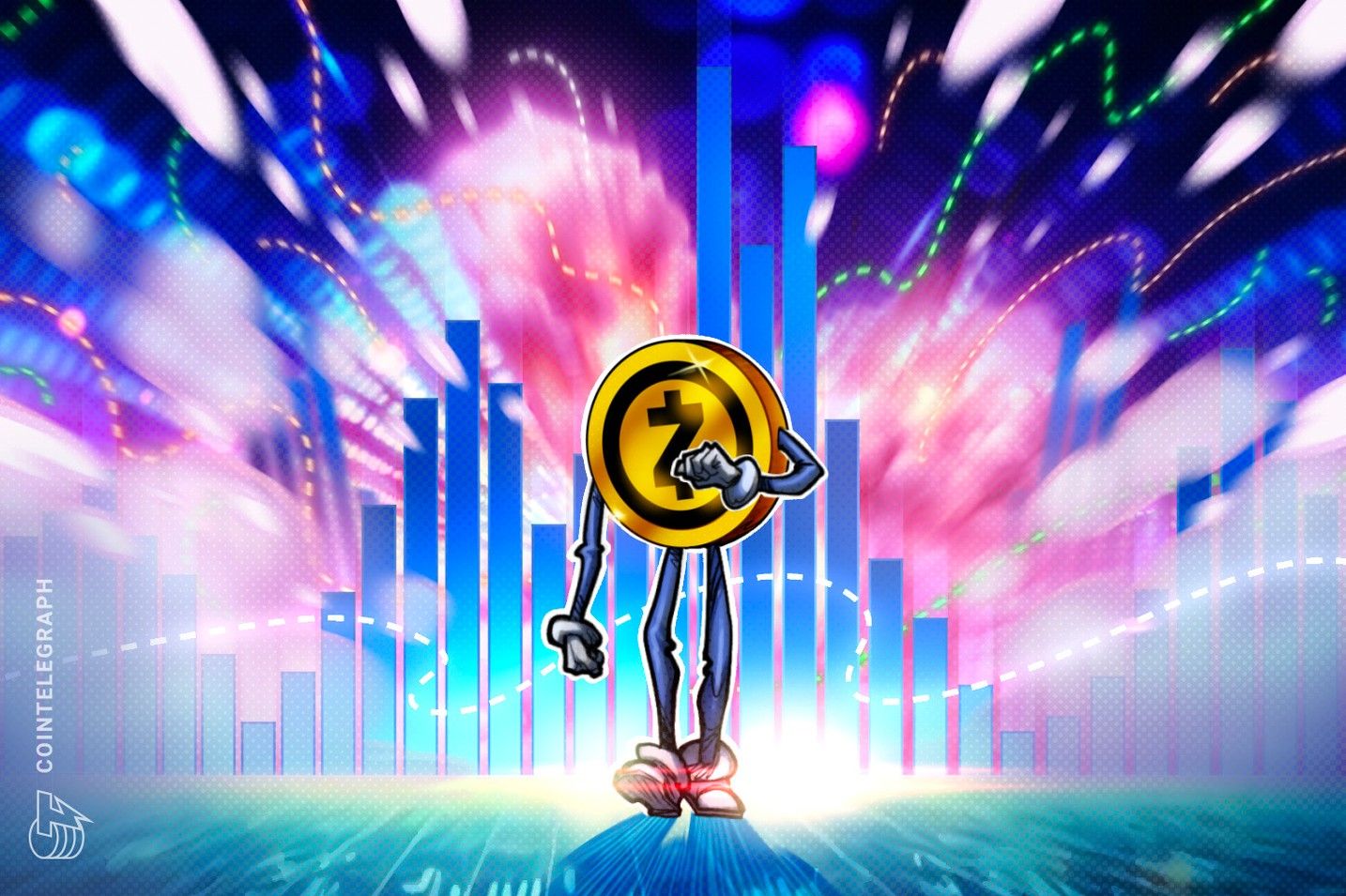
Powell’s allies make a major statement! Is a Federal Reserve rate cut in December now highly likely again?
Economists point out that three of the most influential officials have formed a strong coalition supporting interest rate cuts, which will be difficult to shake.
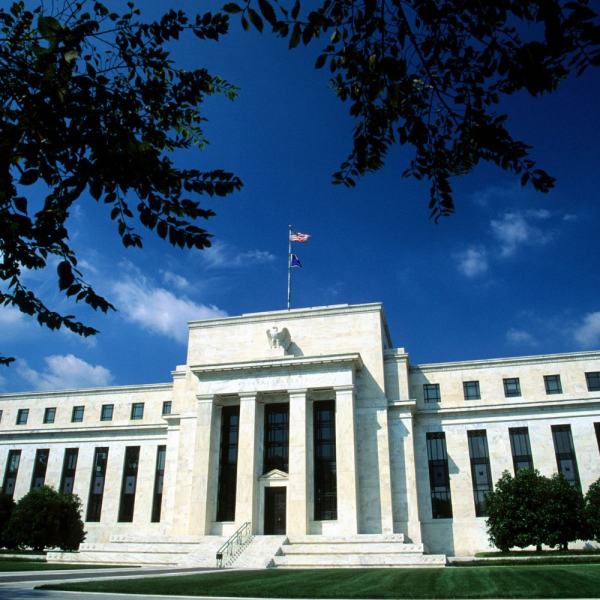
The latest SOL proposal aims to reduce the inflation rate, but what are the opponents thinking?
The Solana community has proposed SIMD-0411, which would increase the inflation deceleration rate from 15% to 30%. It is expected to reduce SOL issuance by 22.3 million over the next six years and accelerate the reduction of the inflation rate to 1.5% before 2029.
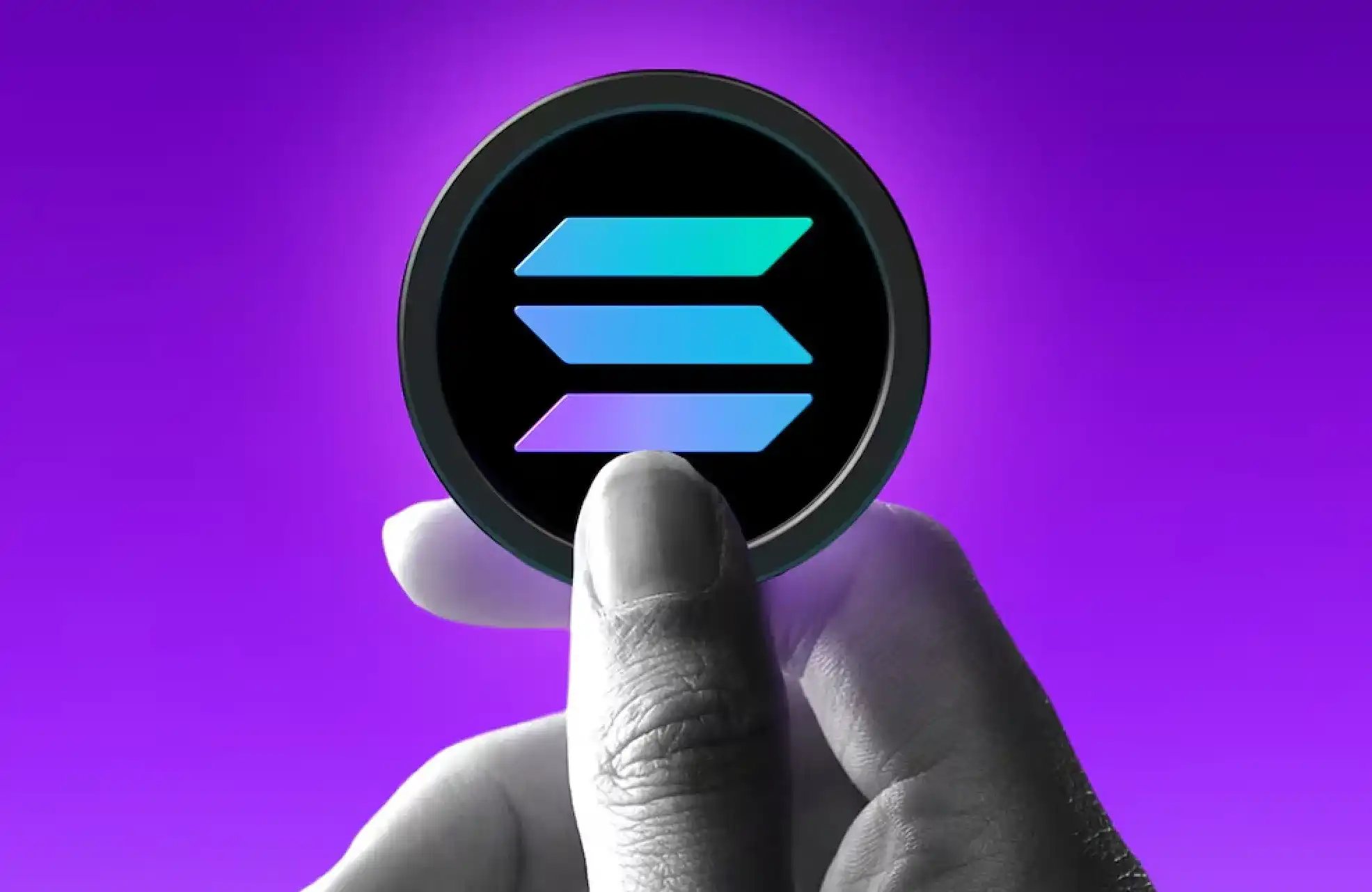
IoTeX launches the world's first on-chain identity solution ioID designed specifically for smart devices
ioID is revolutionizing identity management for smart devices, allowing DePIN to authenticate devices, protect data, and unlock next-generation application scenarios within a user-owned ecosystem compatible with any blockchain.

